The best or the worst whisky are born the same way, although there are many factors that affect the final product, such as water, grain, temperature, time in the cask, type of cask, type of yeast, distillery or stills. All these variables mean that a whisky can either win the world's best whisky award or you’ll find it on the supermarket shelf for around 10 euros.
It is also one of the most elaborate distilled beverages in existence, and the reason for this is that by law in Scotland whisky has to be aged in an oak cask for at least 3 years, otherwise you can't call it whisky. But do you know how it is made and what the ingredients are? There are three main ingredients: water, grain and yeast.
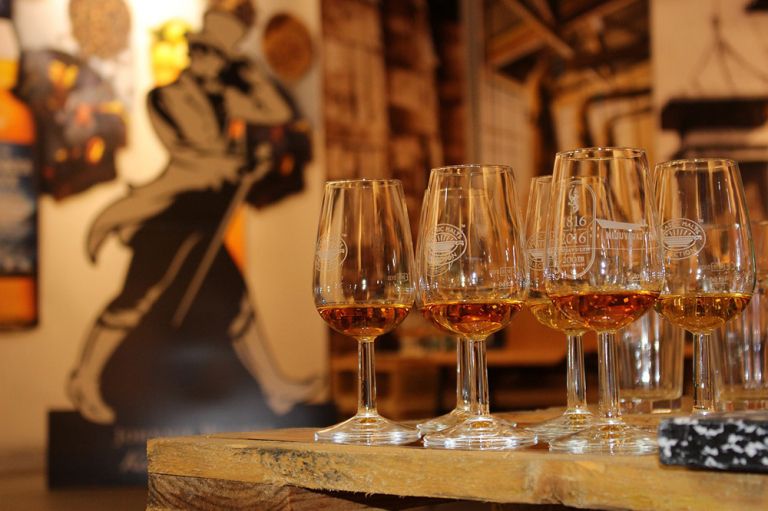
Water
In Scotland there is a mythical saying that goes "today's rain is tomorrow's whisky"; and how true it is. In these cold northern lands, water is plentiful, which is why many distilleries are located near lochs or rivers, as this is where they get their water supply. Although I can tell you that the tap water in Scotland is so good that some distilleries take it directly from there.
The most important question is that of the hardness of the local water, as the final result of the whisky will depend on it. Whether the water is hard or not depends on the amount of dissolved minerals it contains, such as calcium, zinc, magnesium and iron; the more minerals it contains, the harder it is. In Scotland, the water is generally soft.

Grain
Wheat, rye, barley or corn are the grains commonly used in the whisky-making process. Each gives a different flavour to the distillate. Barley is usually the only grain used to make Scotch whisky.
One of the things we need to make alcohol is sugar (starch). The grain itself contains starch, and to free as much starch as possible it has to be malted. You have probably seen bottles that says "malt whisky" but this has nothing to do with the Mediterranean country Malta. For a whisky to be called malt whisky, the grain must first be malted, which is simply the process of germinating the grain. This releases enzymes that help to release a higher starch content.
However, there are also whiskies that are made from unmalted grain; these would be "single grain" or "blended grain" whiskies.
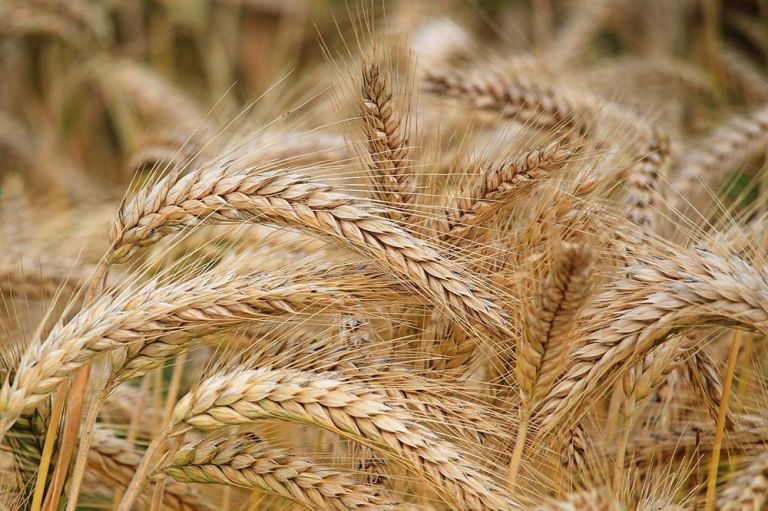
Yeast
It is the only organism permitted in the production of this spirit. In order to produce alcohol, the fermentation process must take place, and yeast is responsible for this. The sugar extracted from the grain is converted into alcohol by the yeast. There are countless varieties of these micro-organisms, and each one gives a totally different flavour to the whisky than another.
Different types of grain contain wild yeast, and high-yielding cultured yeast is often added to start the fermentation process.
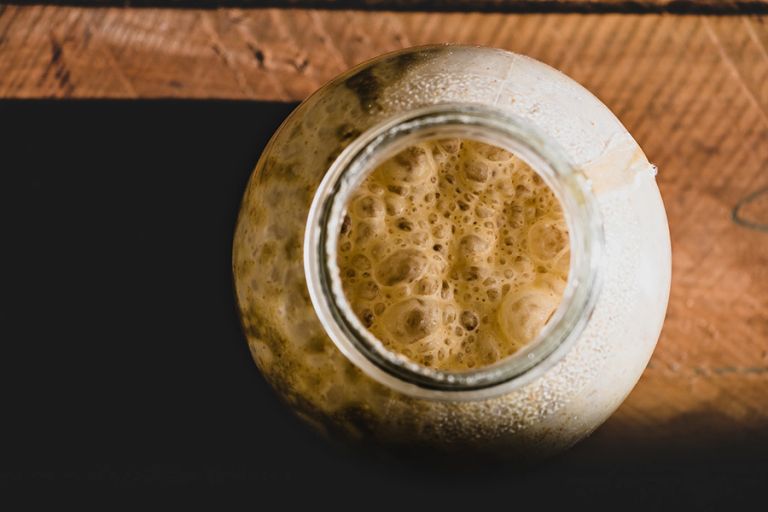
The whisky-making process
The first thing we need is the best quality malt in order to make the best Scotch whisky. The grain has to be ground in a mill to facilitate the extraction of the sugars in the mashing process.
The mashing process consists of mixing the grain with water in a tank at a certain temperature, which can range from 60ºC to 80ºC depending on the distillery. In this way the sugars are extracted from the grain. The resulting liquid is called “wort” and is very sweet due to the extracted sugars.
The next step would be fermentation, but first, the wort has to be cooled, because at a high temperature the yeast would be stressed, it would die and without it, fermentation would be impossible. This process is usually carried out in wooden or stainless-steel vats, with a capacity of between 20,000 and 250,000 litres. It normally lasts between 2 and 3 days.
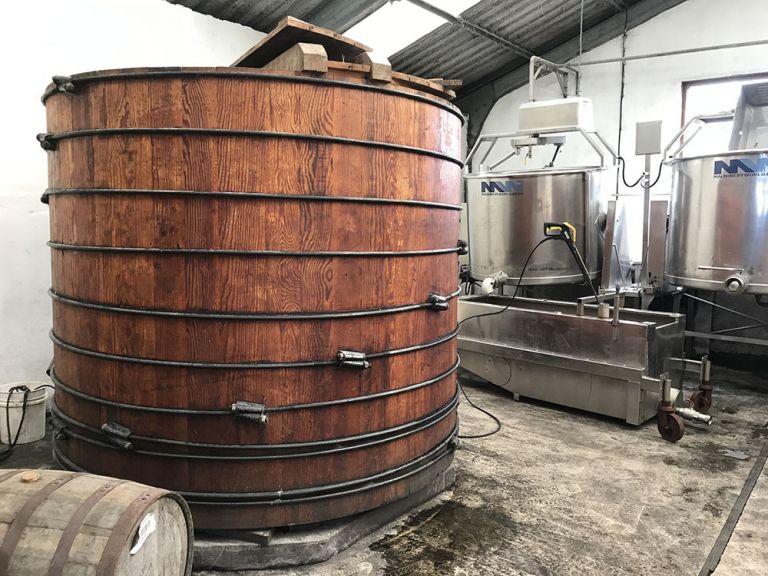
After several days, the micro-organisms have done their job and have transformed the sugar into alcohol; now all that remains is to distil it and to do so, the fermented wort has to be brought to a boil.
Alcohol reaches its boiling point at a lower temperature than water, at 78.4 ºC, when it turns into vapour, which is collected and cooled, thereby becoming an alcoholic liquid. This process is completed in copper stills, resulting in a clear liquid that will spend at least 3 years in an oak cask in a warehouse in the Highlands or Lowlands of this wonderful country.
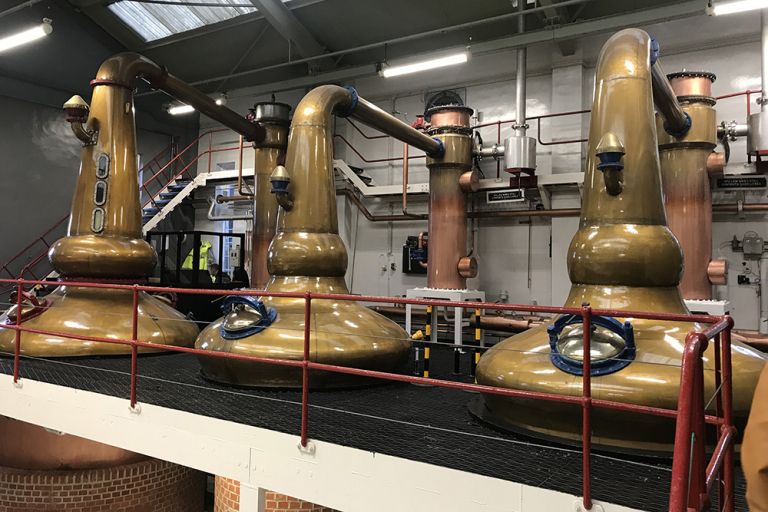
The oak cask will have a major influence on the final product. Nowadays, virgin casks are not typically used, instead second-hand casks are used that have previously held Bourbon or wine.
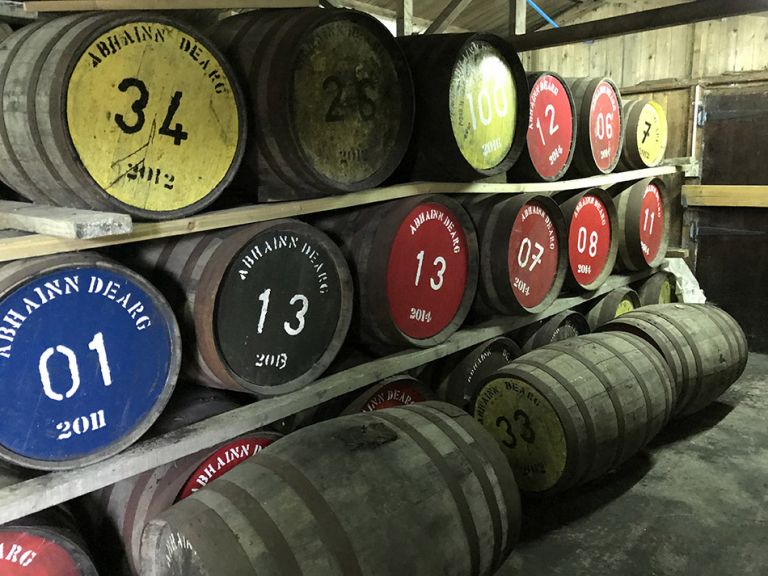
In short, depending on which water, which grain, which yeast or even which cask is used to make the whisky, you will get one flavour or another. The smallest detail in the production process can make a big difference, but it is because of this that Scotch whisky is exquisite, it is the best, but what best describes it: it is Liquid Gold.
If you want to know about the history of Scotch whisky, the different regions where it is distilled and the different types, this article tells you all about it. Plus, I'll help you choose whisky!
Some of the information in this article was taken from the Illustrated Atlas of Whisky. For more books about whisky and Scottish history in general, check out my article Books About Scotland.